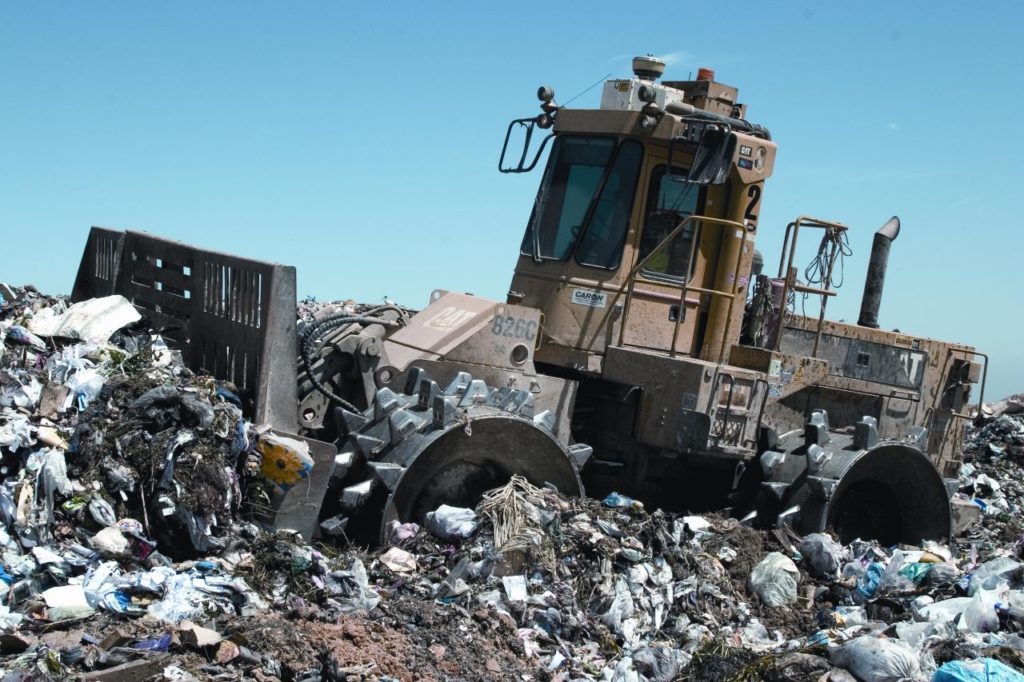Waste management is one of the most comprehensive and important jobs of every city municipality. It is extremely critical for all waste material to be segregated and then transported to the designated recycling centers for their effective processing and recycling.
A waste classification that is difficult to process for any city’s municipality is municipal solid waste. To know why this waste category is a problem for municipalities, it is important to know what all is included in this waste.
What is municipal solid waste (MSW)?
Things like packaging material, furniture, clothing, newspapers, food scraps, appliances, batteries, grass cuttings, paint, and many other day to day trash or garbage are considered as MSW.
Which Places Generate MSW?
Municipal solid waste is generated by different hospitals, schools, colleges, businesses, and homes in a particular city.
Why is MSW an issue for the municipality?
While waste disposal is not an issue for a municipality, the segregation becomes a problem as people tend to mix each and everything together in one garbage bag. There are times when handlers have to separate liquid and semi-solid waste from the solid wastes. If proper separation is done in different bags right from the start, it would be an easier task for the municipality to take care of the waste.
The Facts and Figures of MSW
According to the annual report on municipal solid waste published by the US EPA, Americans generated around 251 million tons of trash in the year 2012. 87 million tons of this material was recycled and composted, which amounts to 34.5% of the recycling rate.
There has been a steady decline in the generation of MSW due to the increasing awareness among people about the different health hazards of waste generation and disposal. Americans are now generating about 4.38 pounds of waste per person. This declining trend in waste generation has not stopped since the year 2000.
Techniques of Municipal Waste Management
While there are various types of waste management techniques that can be followed to reduce, reuse, and recycle MSW, two methods have gained a huge popularity in this part of the world.
- Recycling : This is one of the best processes to ensure proper management of waste. Various centers available in every city have helped the municipality deposit MSW in a particular place so that it can be transported to these facilities for recycling. Due to this effort by the municipalities, fewer waste materials are reaching the landfills. One of the biggest achievements in the recycling industry is the entry of different private organizations and corporations. Not only has this improved the employment situation in the country, but has also increased the number of recycling centers available in a city. Some of these recycling centers specialize in recycling particular material, which is toxic and hazardous in nature. Therefore, it is definitely a good sign for the situation of MSW in the US.
- Composting and Mulching : These methods are used by different farm owners to increase the organic potential of soil. Things like leaves and grass cuttings are kept in a heap to maintain moderate soil temperature and increase the physical properties of soil. This also helps in controlling weeds and soil erosion as composting creates a protective layer on the soil. However, there are certain rules of composting and mulching.
- You need to use a safe and secure place for composting, preferably a garden.
- Do not use any plant that has been sprayed with pesticides as it will contaminate the heap.
- Add different types of cottonseed meal, livestock manure, blood, and bone meal and lake plants to increase the nutrient level of the compost heap.
The United States has tried to ensure that different methods of waste management are followed at the ground level. This has guaranteed the success of its waste management programs.

